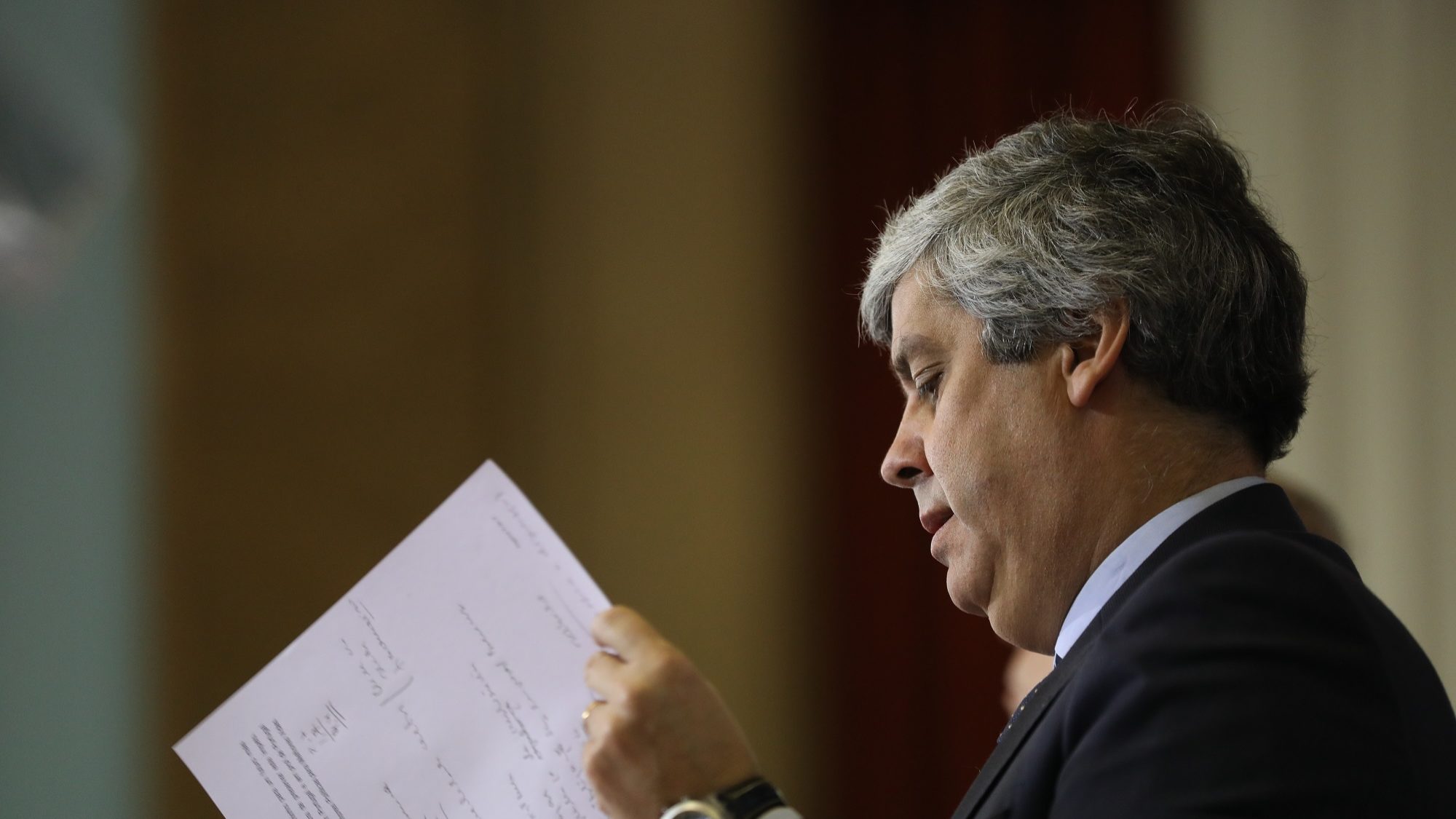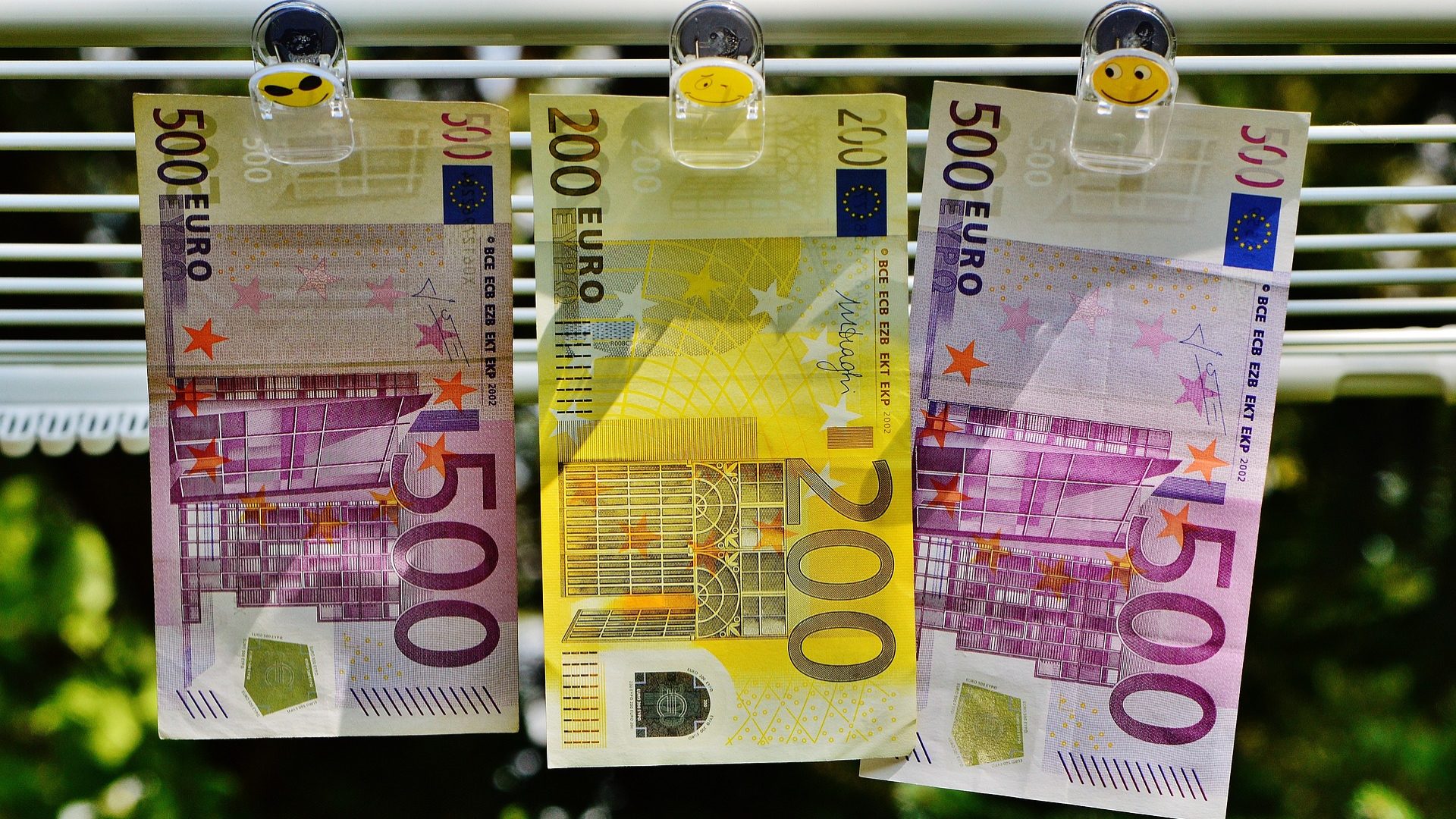Portugal pays 15% interest under the ‘assets reevaluation regime’
UTAO assessed the impact of the 'assets reevaluation regime'. The conclusion was that it benefited especially five companies - namely EDP, which represents half of the programme's earnings.
The ‘assets reevaluation regime’ (regime de reavaliação de ativos) is a voluntary programme designed to help companies reduce indebtedness by reassessing their assets. Yet, the Portuguese Technical Unit for Budget Support (UTAO) concluded that the effects of the regime were the same as if the State was financed by companies at a 15% interest rate.
A company which adheres to the ‘assets reevaluation regime’ pays the Portuguese State, throughout three years, 14% of the difference between the initial value of its assets and what they are worth after being assessed. The regime forces the company to hold on to those assets for five years, and the amount the company has payed the State will later be turned into savings.
“Comparing the underlying flows of this programme [‘assets reevaluation regime’] to the flows of a financial instrument, and we can conclude it is the same as if companies financed the State at a rate which could surpass the 15% threshold”, is stated in UTAO’s document, to which ECO had access. From the companies’ perspective, the regime was the same as investing money on a financial asset with an interest that could reach the 15.5% threshold.
Only 183 companies benefited from the programme, which is equal to 0.016% of Portuguese companies. UTAO concluded that from the total assets reassessment of 2,300.8 million euros, 1,185 million euros concern one company: EDP. Because of the reassessment regime, EDP will pay 165 million euros worth of taxes, between 2016 and 2018. But in the future, EDP is entitled to a 339 million euros’ reduction in its tax invoice. The same is to say that the ‘assets reassessment regime’ could give EDP a net tax benefit of 174 million euros.
The regime will harm the upcoming legislature
All in all, UTAO estimates that at best, Portugal will lose 242 million euros. This impact comes from an accrued income of 312 million euros in the first three years and and a tax expenditure of 555 million euros in the next eight years. At worse, with a five-year redemption, the net losses will be 268 million euros. In this case, the financing cost goes from 15.5% and 21.2%. This estimate is different from the Finance Ministry’s numbers, which was more optimistic and foresaw smaller a impact.
In the first three years, as UTAO’s math shows, the State will gather 107 millions — although in the upcoming years, a cut in tax income is expected, of around 85 million euros per year. “From the State’s viewpoint, it was possible to obtain an immediate tax income, focusing the positive impact on the public accounts for 2016-2018, although there will be a negative impact on the following years”, states UTAO.




